Description
Understanding Your Dog’s Nutritional Needs
Ensuring that your adult dog receives a balanced diet is crucial for maintaining their overall health and well-being. Adult dogs have specific nutritional requirements that must be met to support various bodily functions. Proteins, fats, carbohydrates, vitamins, and minerals each play a vital role in maintaining muscle mass, energy levels, immune system health, and coat condition.
Proteins are essential for muscle maintenance and repair. High-quality animal proteins, such as chicken, beef, or fish, should be the primary source in your dog’s diet. These proteins provide the necessary amino acids that are vital for your dog’s bodily functions. Fats, on the other hand, are a dense source of energy and are necessary for the absorption of fat-soluble vitamins. Healthy fats like omega-3 and omega-6 fatty acids also contribute to a shiny coat and healthy skin.
Carbohydrates are another important component, providing a quick energy source. Complex carbohydrates, such as sweet potatoes or brown rice, are preferable as they provide sustained energy release and contain beneficial fiber. Vitamins and minerals are essential for various metabolic processes. For instance, Vitamin A supports vision and immune function, while calcium and phosphorus are crucial for bone health.
When it comes to understanding what constitutes a healthy diet for adult dogs, it is essential to debunk common dietary myths. Contrary to some beliefs, grains are not inherently bad for dogs. Many dogs can digest and benefit from the nutrients in whole grains. Similarly, the notion that a raw diet is always superior is not supported by conclusive scientific evidence; balanced commercial dry foods can be equally beneficial.
Reading and interpreting dog food labels is a critical skill for dog owners. Look for foods that list a high-quality protein source as the first ingredient. Avoid products with excessive fillers like corn or soy, artificial preservatives, and by-products. Ensuring that the dog food has an AAFCO (Association of American Feed Control Officials) statement of nutritional adequacy ensures that it meets established nutritional standards.
By focusing on a balanced diet that includes high-quality proteins, fats, carbohydrates, and essential vitamins and minerals, you can support your adult dog’s health and longevity. Understanding and interpreting dog food labels will help you make informed choices, ensuring that your dog receives the best nutrition possible.
Selecting the Right Dry Food: Tips and Recommendations
Choosing the best dry food for adult dogs is a task that requires careful consideration of several factors. Firstly, it’s essential to assess your dog’s breed, size, weight, and activity level. Different breeds have varying nutritional needs; for instance, large breeds may require dry food that supports joint health, while smaller breeds often benefit from kibble designed for their smaller jaws and higher metabolism. Additionally, an active dog will need more calories and protein compared to a less active companion.
Health concerns such as allergies or digestive issues play a significant role in selecting the right dry food. Look for formulas that cater to these specific needs, such as grain-free options for dogs with grain allergies or foods with added probiotics for digestive health. It’s also advisable to consult with your veterinarian to determine any specific dietary requirements your dog might have.
When transitioning to a new dry food, do so gradually to prevent digestive upset. Start by mixing a small amount of the new food with the current diet, gradually increasing the new food’s quantity while decreasing the old over a period of 7-10 days. This slow transition helps your dog’s digestive system adapt to the new food.
Among the top-rated dry dog food brands, several stand out for their quality ingredients and nutritional value. Brands such as Orijen, Blue Buffalo, and Wellness offer formulas rich in high-quality proteins, essential vitamins, and minerals. These brands often come at higher price points but are praised for their comprehensive nutrient profiles and absence of artificial additives. Customer testimonials and expert opinions frequently highlight the improved health and vitality observed in dogs fed these premium brands.
Rotational feeding, which involves varying your dog’s diet by rotating different protein sources and formulas, can provide a more balanced nutrient intake and reduce the risk of food sensitivities. To maintain the freshness and nutritional integrity of dry dog food, store it in a cool, dry place and use airtight containers. This practice helps to prevent the food from becoming stale or contaminated.

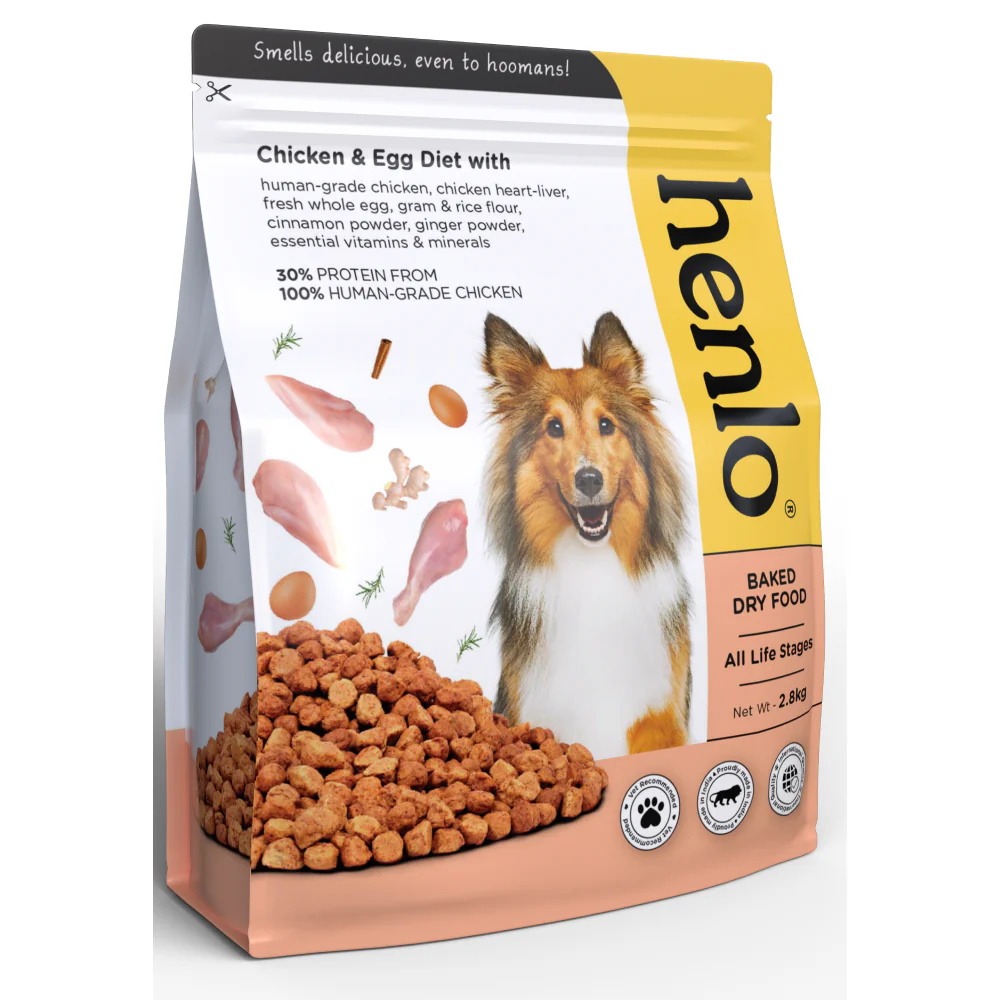


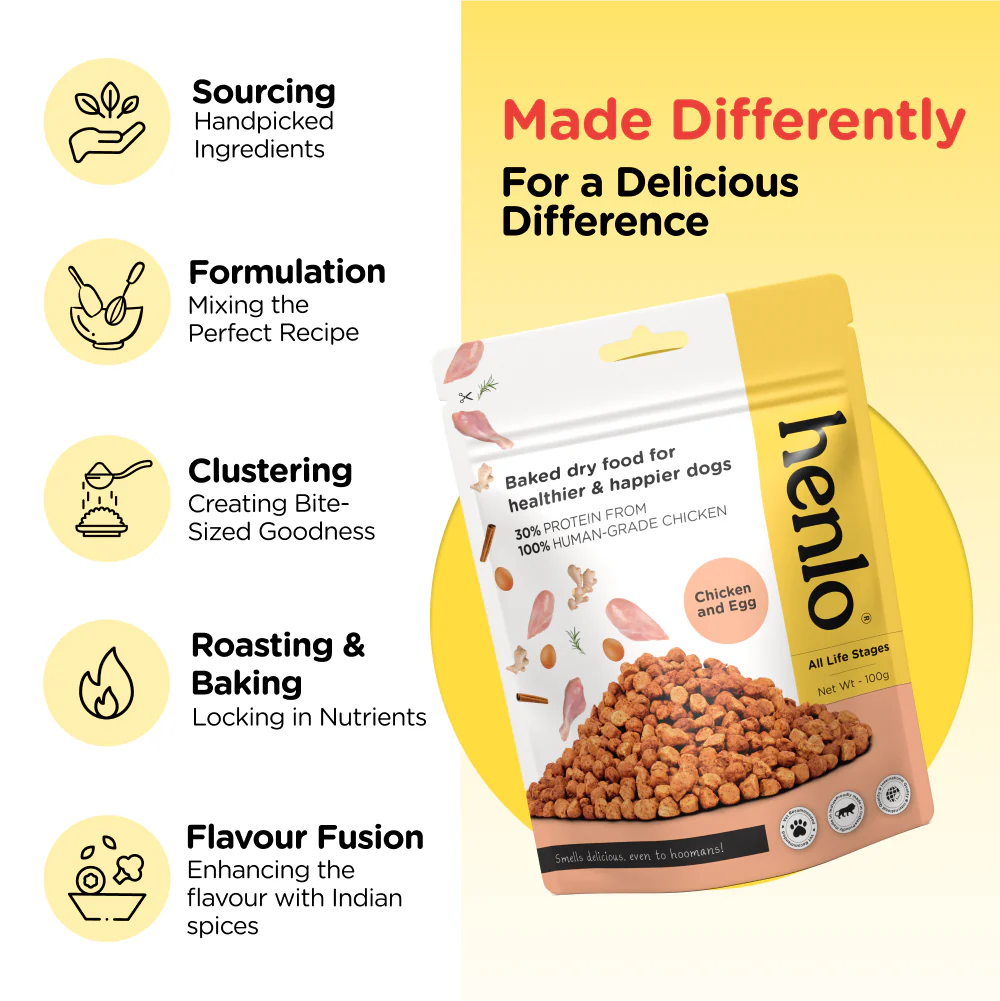
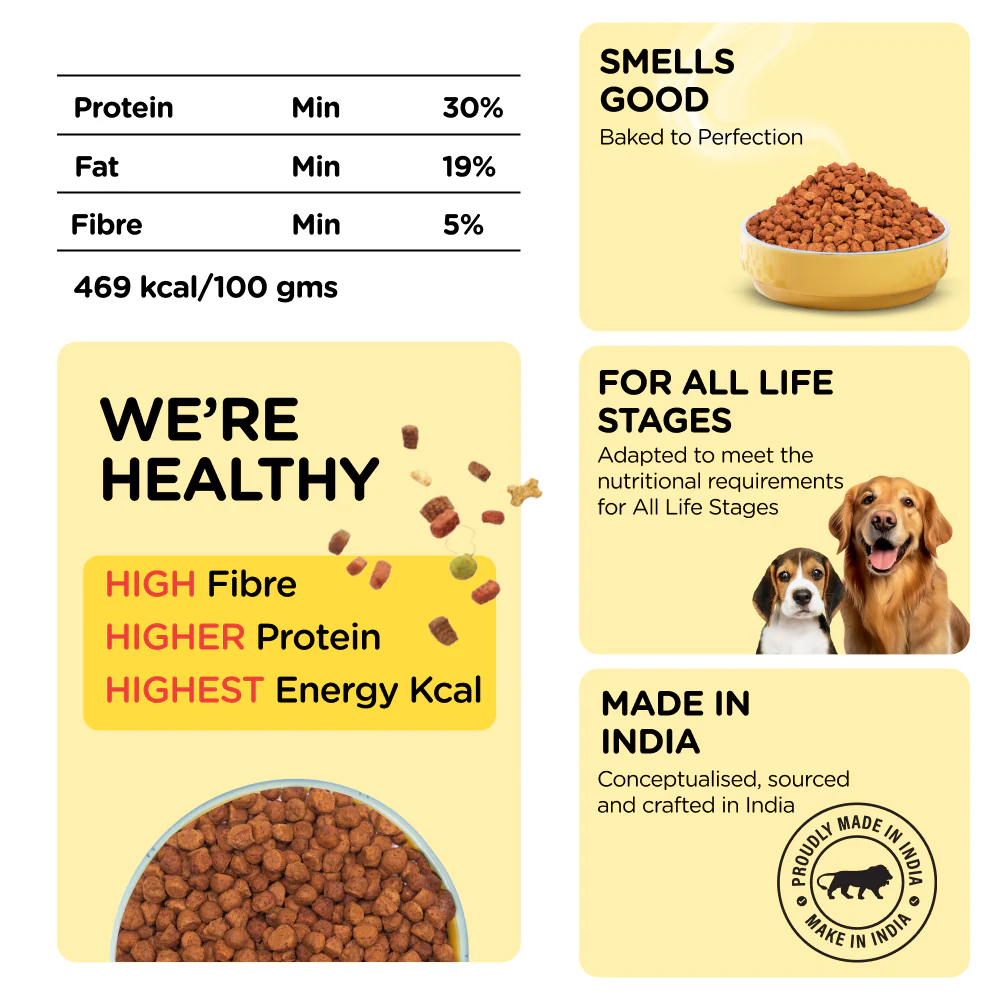
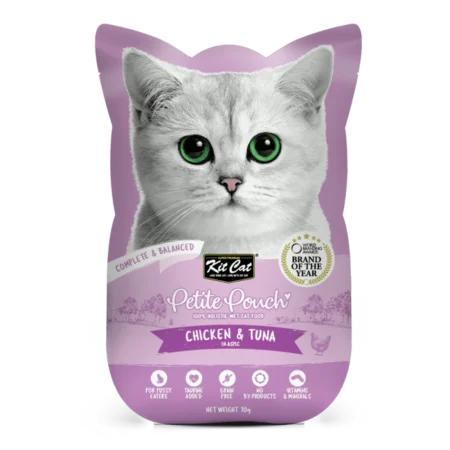





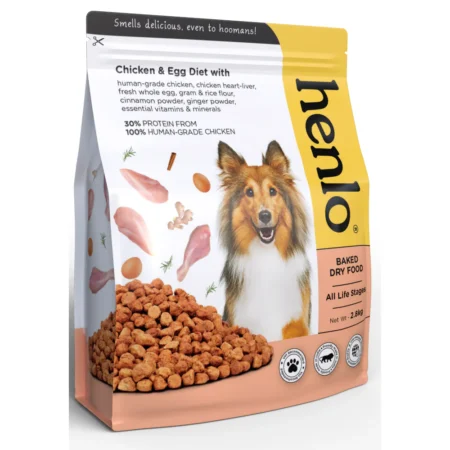
Reviews
There are no reviews yet.